Jhalkathi, Jan 02, (V7N) - The Syed Monsur Ahmad Nurani Hafizia Madrasa and Firoza Karim Orphanage in the Awarabunia Union of Kathalia Upazila recently organized a prize distribution ceremony for students who successfully passed their annual exams. The event was held at the madrasa premises in small Kaikhali, near the Eidgah field, which holds historical significance for the area.
The award ceremony was chaired by Maulana Mizanur Rahman Munshi, the madrasa director. Mohammad Golam Azam Shaikat, the former central committee’s Assistant Secretary of the Bangladesh Nationalist Party's student wing, was the chief guest. Maulana Masudur Rahman, Md. Sher Ali, Md. Abdul Hak, along with parents and students, were also present during the occasion.
The main focus of the ceremony was to encourage and reward the students who performed excellently in their annual exams, with awards given to the first, second, and third-place students.
During the event, the chief guest emphasized the importance of madrasa-based Quranic education, which has historically been the first school for Muslim children, particularly in rural Bangladesh. He highlighted that the madrasa is an essential institution for providing primary religious knowledge, such as proper Quran recitation, prayers, and Islamic guidelines. The chief guest further explained that such educational institutions are crucial for nurturing students' spiritual and academic growth, which is why the Syed Monsur Ahmad Nurani Hafizia Madrasa and Firoza Karim Orphanage were established.
Maulana Mizanur Rahman Munshi, the madrasa director, expressed that through this madrasa, students would receive proper Quranic education, including the correct recitation, essential Islamic laws, and the rules of prayer and fasting. He stressed the significance of offering comprehensive religious and academic education in today’s changing educational landscape.
Journalist Aminul Islam shared his concerns about the decline of mosque-based Quranic education, which was once a hallmark of rural life in Bangladesh. He pointed out that many traditional maktabs (small Quranic schools) are either closing or have lost their former vitality. As a result, a large number of children are deprived of proper Quranic education, which is critical for their religious development. He also noted that in some cases, private tutors are hired to teach Quranic lessons at home, but the lack of competitive practice and regular attendance leads to students forgetting their Quranic knowledge later in life.
Aminul Islam emphasized the need to reinstate such institutions to provide children with a strong foundation in Quranic teachings. He called for collective efforts and support from the community to maintain and strengthen these madrasas, ensuring that future generations are well-versed in religious education.
In conclusion, the ceremony not only honored academic achievements but also served as a reminder of the importance of preserving traditional educational systems to ensure that the next generation receives both academic and religious guidance.
END/AIB/SMA/RH/



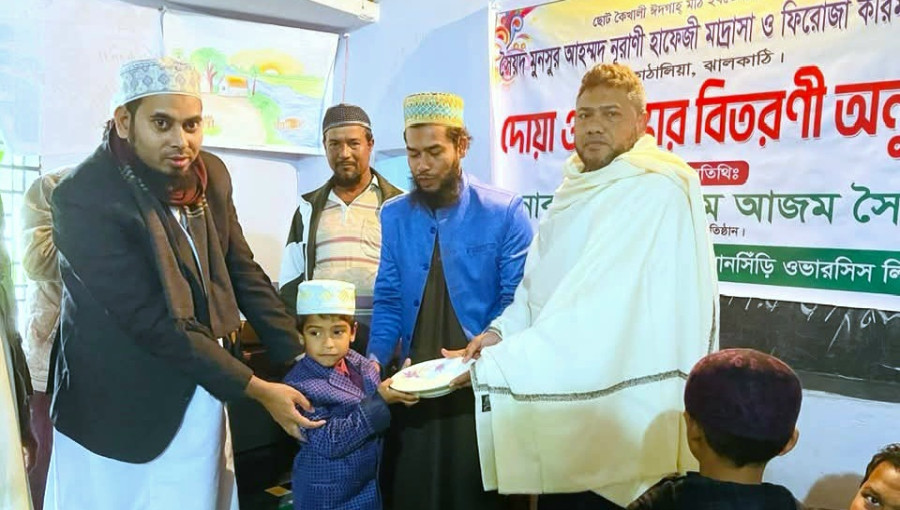

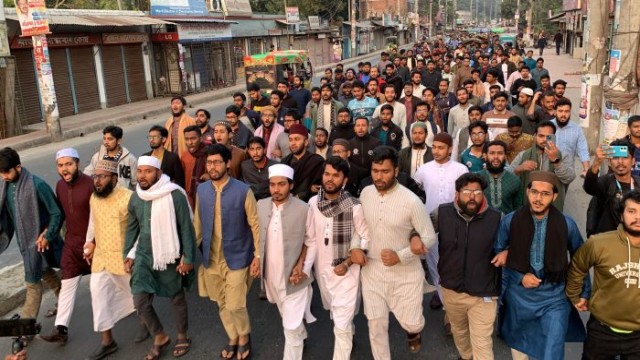
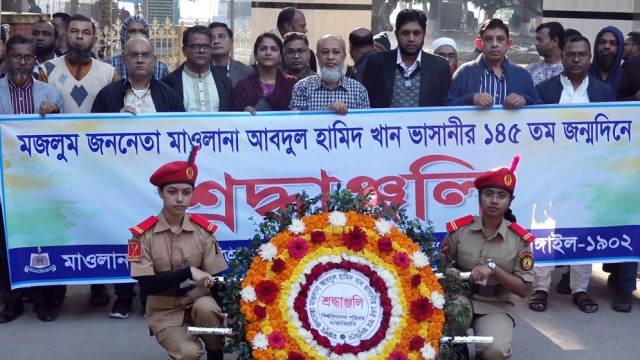
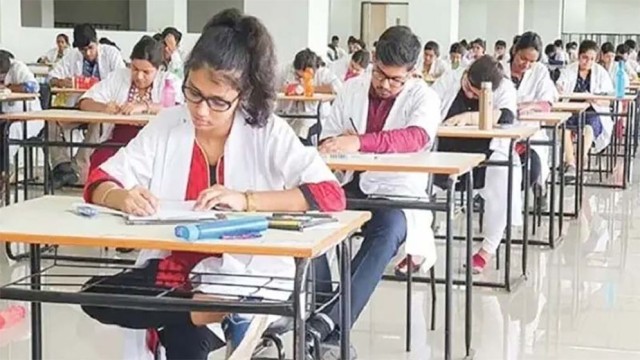
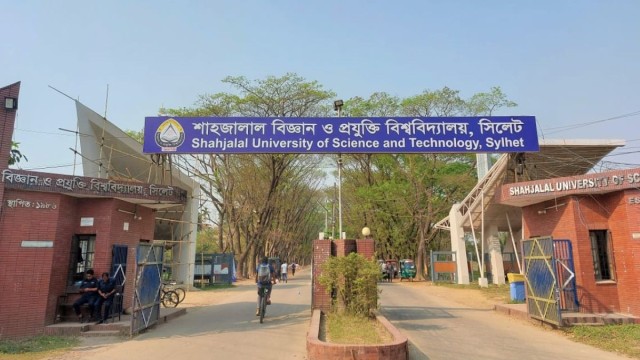

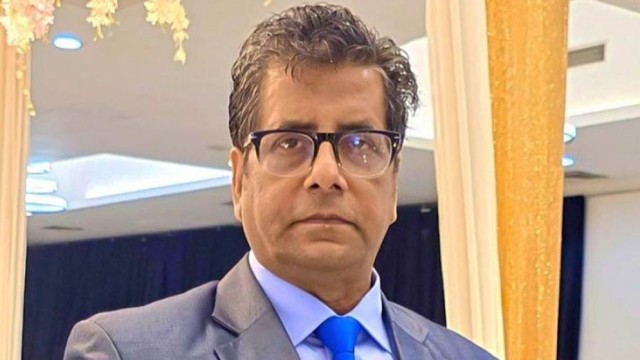
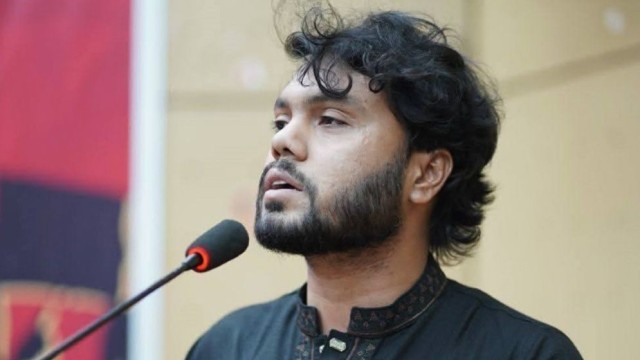

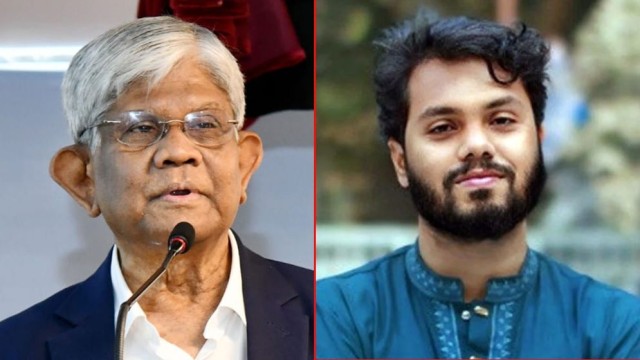

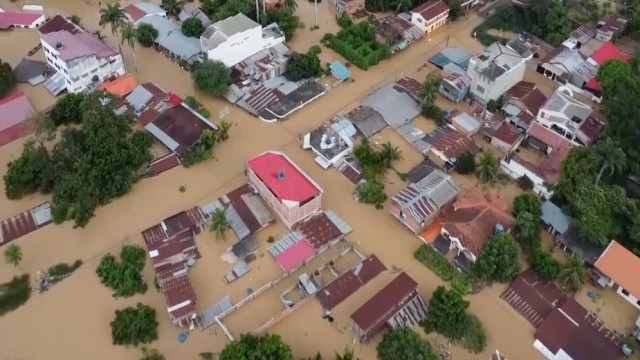
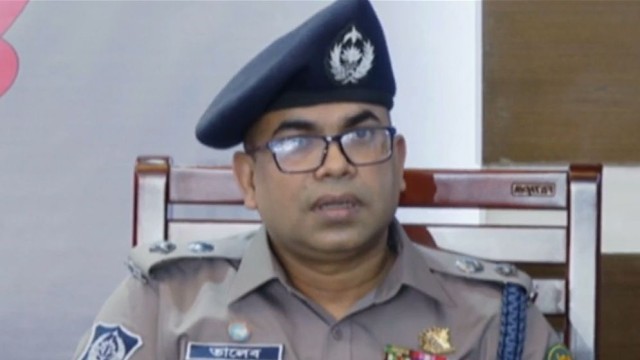
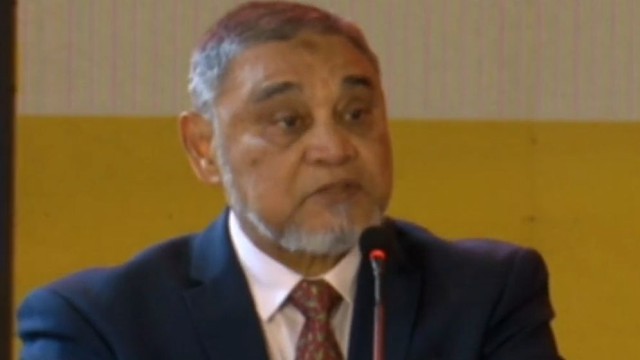
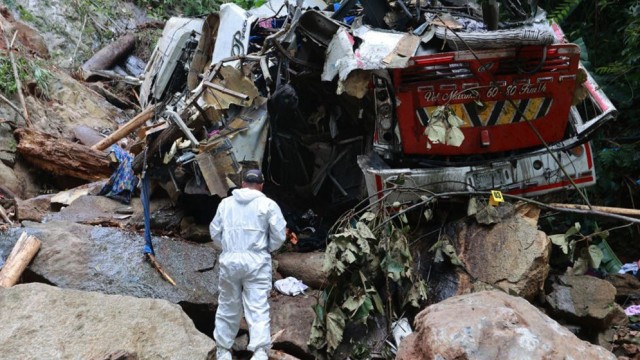
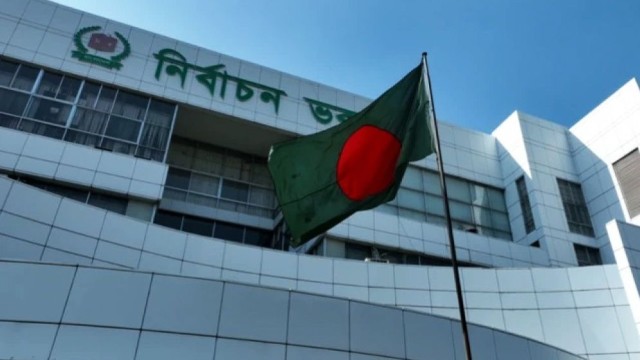


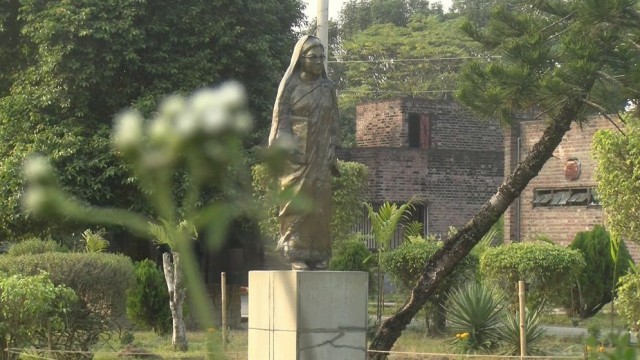
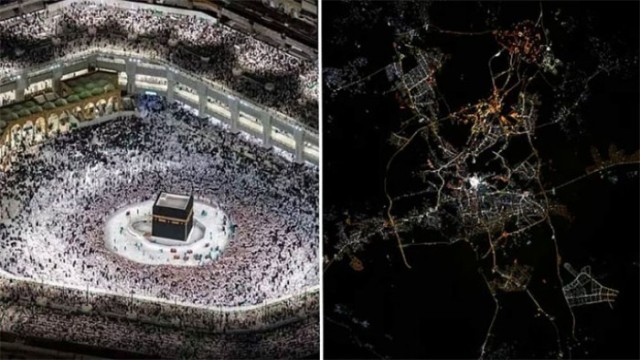
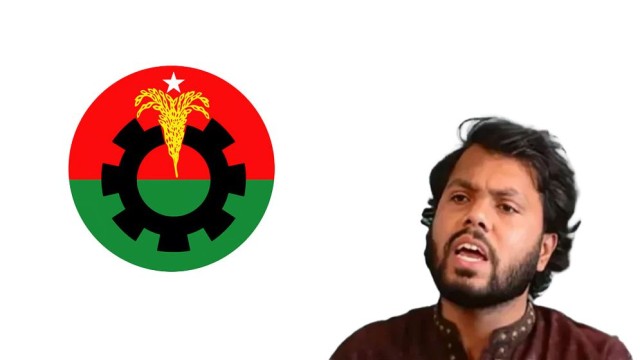

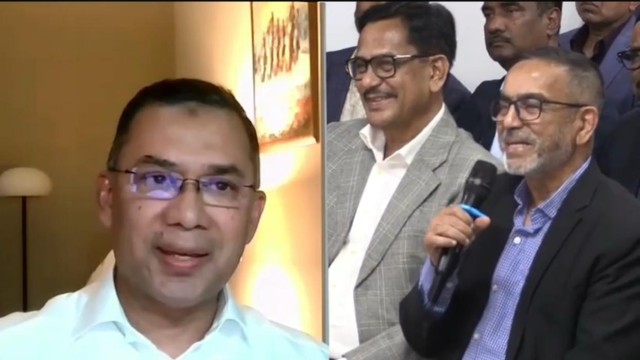

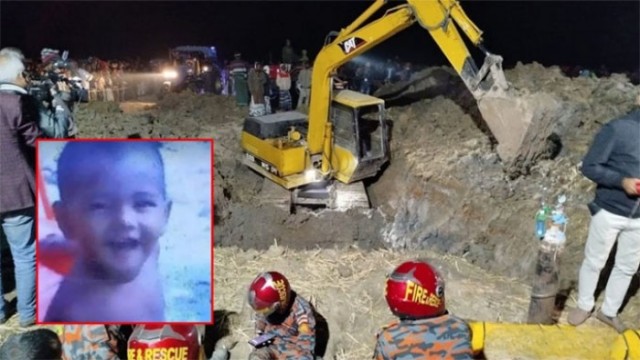
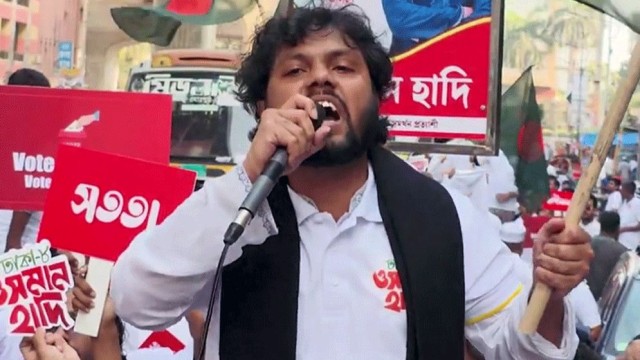

Comment: